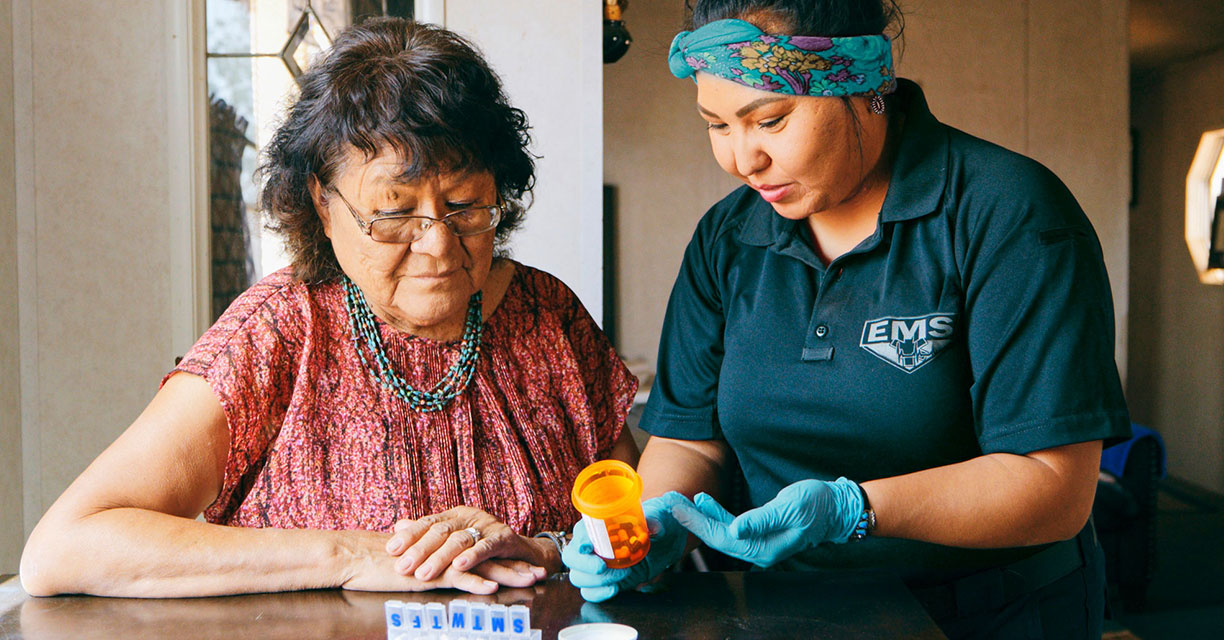Headline
This report evaluates the evidence on interventions for people living with dementia, their care partners, and caregivers to help identify what interventions are ready for broad implementation.
Context
People living with dementia require care and supports that reflect their preferences and their care is often co-managed by spouses, family members, friends, neighbors, and/or direct care workers. This report assesses the effectiveness of interventions for dementia care based on an Agency for Healthcare Research and Quality systematic review, as well as stakeholder input, including perspectives from persons living with dementia, their care partners, and caregivers. It covers a broad range of interventions designed to support people living with dementia, with a focus on person-centered and strengths-based approaches to care and living well with dementia.
Findings
This report identified guiding principles and core components of care that can assist health care stakeholders in improving dementia care, services, and supports. There are two models of care highlighted in the report: collaborative care models and the Resources for Enhancing Alzheimer's Caregiver Health II intervention (REACH II). Collaborative care models, such as ACCESS, Dementia Care Management, Care Ecosystem, use interdisciplinary teams to integrate medical and psychosocial care approaches for people living with dementia. REACH II, which is a multicomponent intervention that supports family care partners/caregivers, has been implemented in a variety of settings. Based on the evidence, this report recommends implementing and evaluating collaborative care models and REACH II in real-world settings under appropriate conditions for monitoring, quality improvement, and information sharing.
Takeaways
Health care can apply the guiding principles of care to improve care for people with dementia and supports for their care partners and caregivers. There is established evidence on two models (collaborative care models and REACH II) and research should continue to assess other potentially promising interventions.



